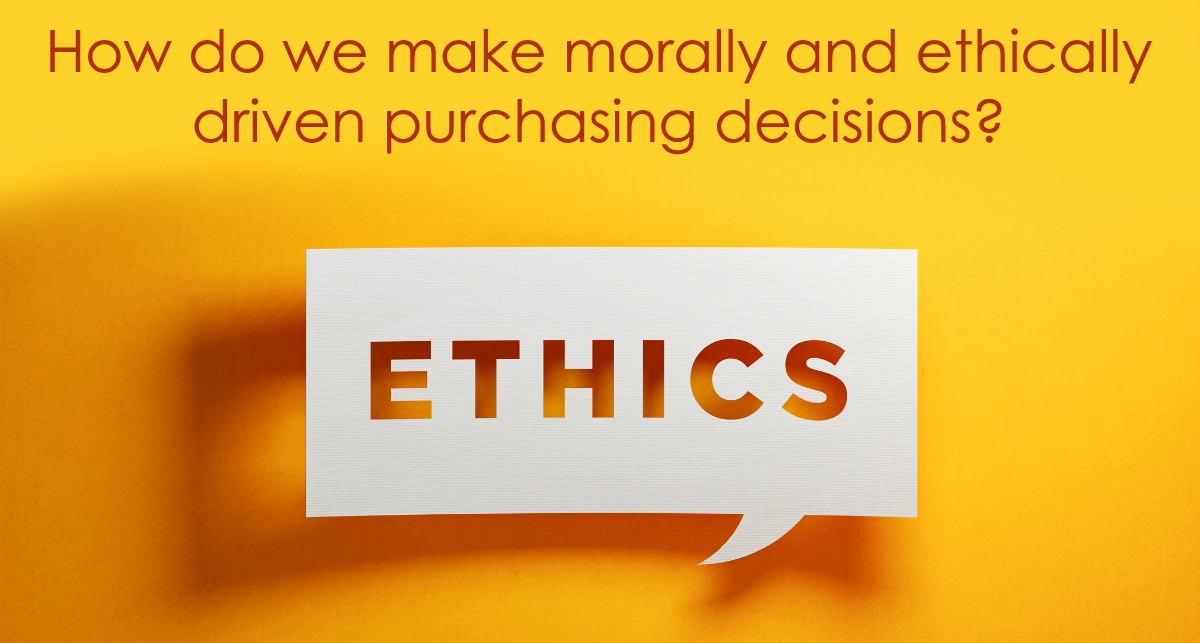 |
 |
|
October 4, 2021 Putting Ethical and Moral Principles into Action as Consumers The Bahá'i International Community tells us that "the shift towards a more just, peaceful and sustainable society will require attention to a harmonious dynamic between the material and non-material (or moral) dimensions of consumption and production." However, many of us are unsure how we can achieve a harmonious dynamic between the material and the moral in our own daily lives. After all, we are part of an economic system that applauds consumerism, and although we know that conspicuous consumption contributes to inequality and climate change, how do we make morally and ethically driven purchasing decisions?  Daniel Truran, director of EBBF* (Ethical Businesses Building the Future) has suggested that we can take actions in our daily lives that will make a difference. He challenges us to think about how we can put the principles of justice, unity and a commitment to human wellbeing into practice in our individual economic decisions. Truran offered some compelling arguments for why ethical business practices make good economic sense. For example, he argues that justice and equity in the workplace can motivate employees to work harder, while inequality undermines motivation. If employees are not being treated well in a workplace, they will likely feel less motivated to contribute to the business's success. However, he is optimistic that in recent years – and especially during the past year of the pandemic – there has been a growing sense that businesses must refine their purpose and become more socially engaged. He sees a " global culture shift" towards a more socially responsible and environmentally sustainable model of business that contributes to justice and unity rather than eroding them. He also offered some suggestions on how we, as consumers, can make decisions that will help propel businesses towards adopting ethical business practices. On an individual level, Truran suggests that we should try to shop locally, rather than from big box stores (when it is safe to do so), or online through Amazon and other e-tail businesses. That way we can get to know the business owner and employees and build positive social interactions. You might want to buy locally sourced goods by purchasing fresh food from a farmer's market or buy a subscription to weekly Community Shared Agriculture (CSA baskets) or by looking for food in the grocery store that is supplied by a local producer. |
|
|